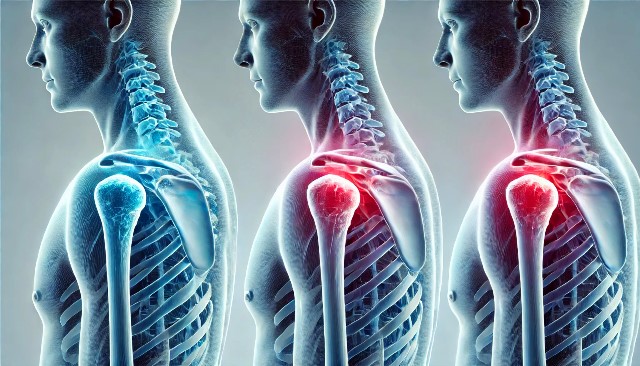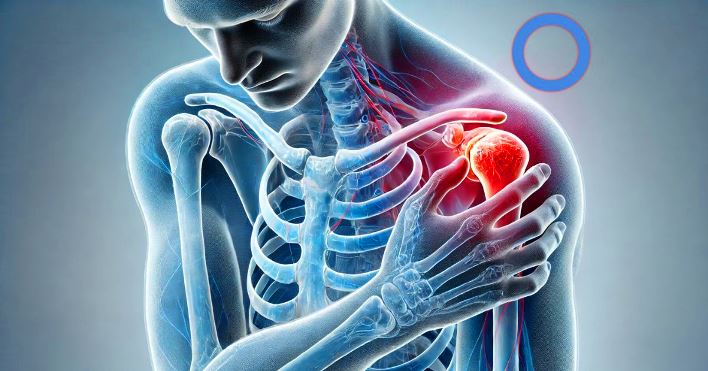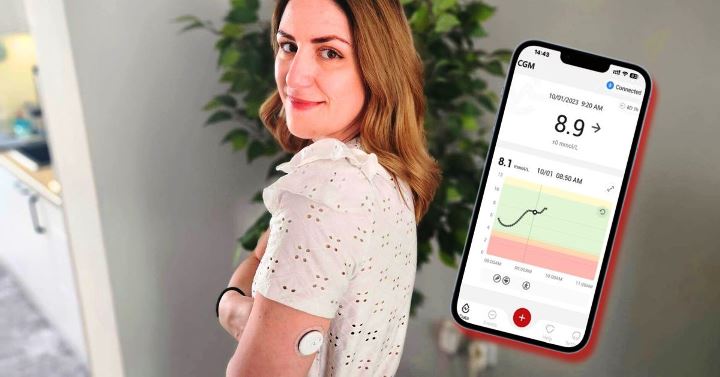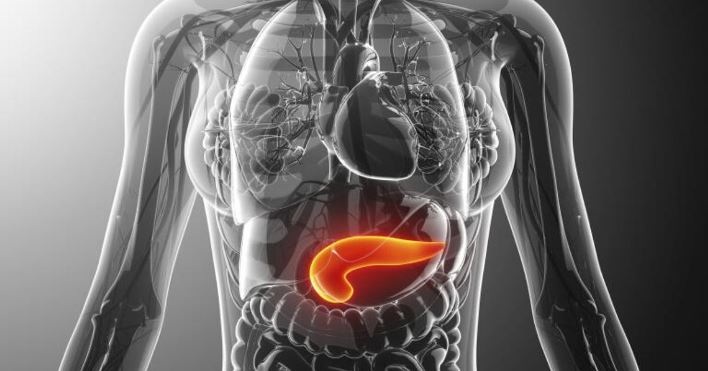If you’ve never had a frozen shoulder, ask people with diabetes around you—someone has likely experienced this unpleasant condition.
There are many definitions of frozen shoulder. For example, some doctors believe that if a person can lift their arm even slightly, it’s not truly a frozen shoulder. Additionally, there is the issue of calcium deposits in the shoulder, which is not exactly the same as a frozen shoulder, although the symptoms are similar, and both conditions often require physical therapy.
What Is Frozen Shoulder?
Frozen shoulder (adhesive capsulitis) is a condition that causes pain and stiffness in the shoulder, often linked to diabetes. Among people with diabetes, frozen shoulder is more common, more severe, and lasts longer than in those without diabetes. Some studies suggest that people with diabetes are about 2.5 times more likely to develop frozen shoulder. However, the good news is that it can be "defrosted." How much movement you regain depends largely on your persistence with physical therapy.
I was very diligent, almost overly cautious, when dealing with my right shoulder—practicing a lot and fearing the worst—so today, I have slightly better mobility in that shoulder. When my left shoulder later "froze," I was lazier, more relaxed, and didn’t invest in private physiotherapy as much, resulting in reduced range of motion.
Why Does Frozen Shoulder Occur in Diabetes?
🔹 Elevated blood sugar levels – Chronically high blood sugar can damage collagen, leading to thickening and stiffness of connective tissue in the shoulder.
🔹 Inflammation and glucose buildup in joint structures – This can reduce the elasticity of the joint capsule and limit movement.
🔹 Nerve damage (diabetic neuropathy) – This may cause pain and reduced muscle function around the shoulder.
🔹 Reduced circulation – Poor blood flow can slow down recovery and increase inflammation risk.
Symptoms of Frozen Shoulder in Diabetes
✅ Gradual onset of pain and stiffness in the shoulder, usually without an obvious cause.
✅ Limited movement (difficulty lifting the arm, rotating the shoulder).
✅ Three stages of development:
1️⃣ Freezing stage – Increasing pain and stiffness over months.
2️⃣ Frozen stage – Shoulder remains stiff, though pain may subside.
3️⃣ Thawing stage – Mobility slowly returns, sometimes taking up to three years.

How Is It Treated?
🔹 Physical therapy – The key to restoring mobility.
🔹 Pain relief medications – Nonsteroidal anti-inflammatory drugs (NSAIDs) like ibuprofen or corticosteroid injections.
🔹 Blood sugar control – Better glucose management can prevent worsening.
🔹 Surgery (rare cases) – Considered only if conservative treatments fail.
Supplements That May Help
💊 Collagen
- Type I and II collagen is important for tendons and joints.
- Collagen supplements (hydrolyzed collagen) may help tendon regeneration and reduce pain but are not a quick fix.
- Works best when combined with vitamin C, which aids collagen synthesis.
- Useful for tendon issues (like calcium deposits) but not a specific treatment for frozen shoulder.
💊 Magnesium & Vitamin D
- Magnesium may help relax muscles and reduce cramps.
- Vitamin D plays an important role in bone and joint health.

Conclusion & Advice
People with diabetes are at higher risk of developing frozen shoulder, and recovery may take longer. Regular exercise, physical therapy, and good blood sugar control are the best ways to prevent and treat it.
If you have national or private health insurance, be sure to check whether it covers treatment for frozen shoulder. Some plans may offer physical therapy sessions or other supportive treatments. If not, there are also private clinics offering specialized treatments.
Good luck!
P.S. I am not a doctor or a physiotherapist. This is not medical advice, but rather my personal experience, research, and reflections.






